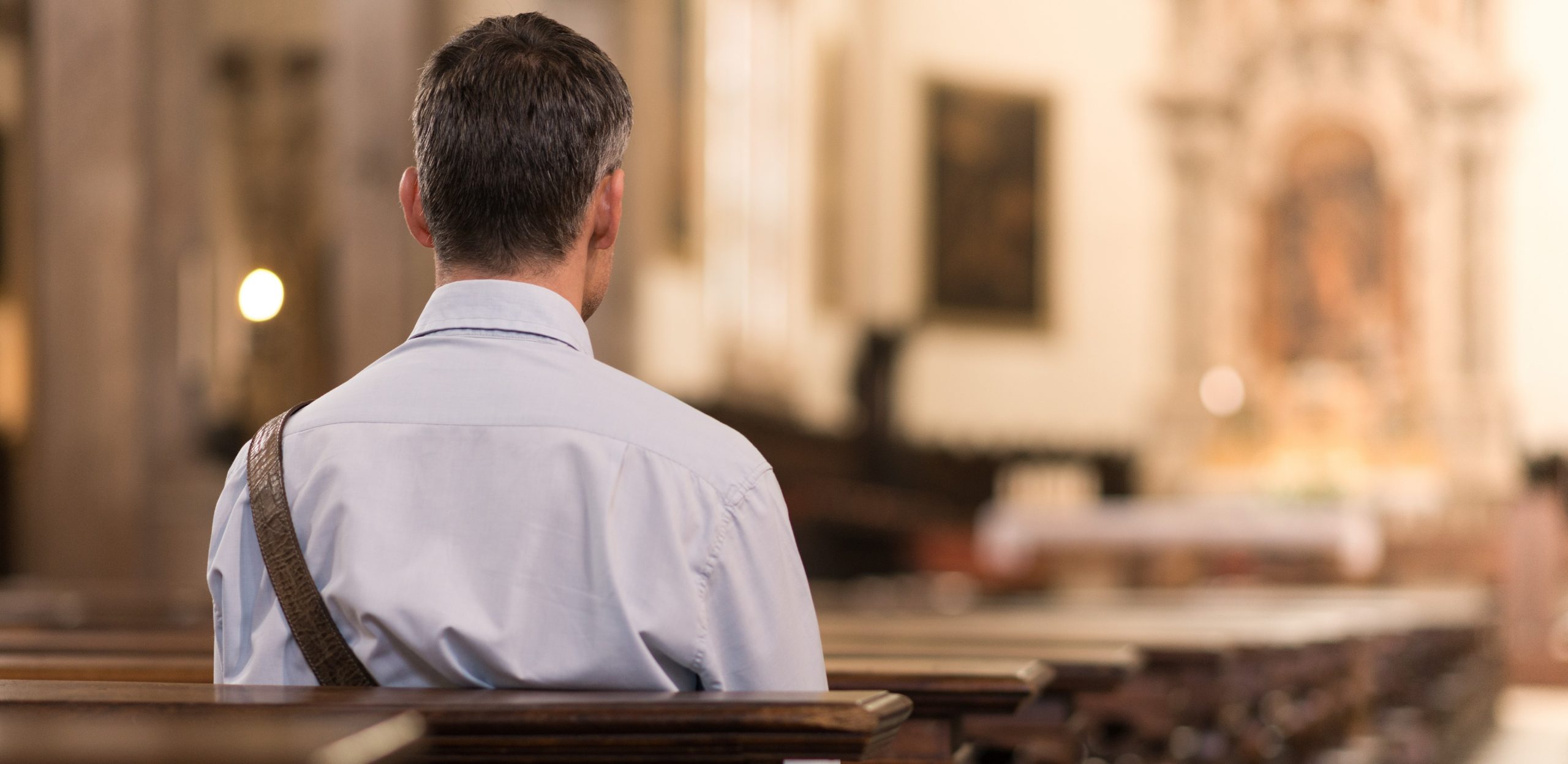What is Happening?
This chapter is broken down into different sections to help us understand each subject, step by step. The first section most of us will know about, but the other sections will raise many questions.
Sunday Trading Hours
For many people living in the United Kingdom and similar countries, the question needs to be asked: Why do we have restricted shopping hours in our large stores on Sundays? These are hours mandated by the government and stores cannot open without the risk of government fines.
I ask the question WHY? If a store wants to trade, customers want to buy and staff want to work and earn money then why should this be restricted? The majority of people in the United Kingdom are not churchgoers, many will call themselves either agnostics or atheists. So why are they being restricted to the hours they can shop on a Sunday? Surely this should be a free choice.
A similar question needs to be raised in Germany where truck drivers are not allowed to drive their vehicles on Sunday. Surely it would make more sense for these large vehicles to be driving on the roads when the traffic is quieter on a Sunday?
Likewise in certain towns and cities in Australia where we see laws to restrict stores opening on Sunday. But why? What is special about Sunday? Many similar examples can be seen around the world.
Is there something going on that we do not understand?
Climate Sabbaths, Green Sabbaths, Car-Free Sundays
What is a “Climate Sabbath”? Who is talking about it? Why are they talking about it? These are all very good questions and need to be explored.
Whenever talking about the environment, I think we can all agree on how important it is and how we need to look after the world. A simple example is to use recycled items wherever possible to help protect the environment. It is the simple everyday things we can do which will help.
What is a “Climate Sabbath”? A “Climate Sabbath” is a day of the week where we all decide to reduce our carbon footprint. In principle, this sounds good but read on to find out more.
Why not do this every day? This is the first logical question. Why don’t we try and reduce our carbon footprint all the time?
Guess which day organisations are encouraging you and I to keep as a “Green Sabbath”? Many people will not come right out and say it, but dig a little deeper and you will find that there is a movement to make Sunday a “Green Sabbath” or a “Climate Day”. This movement is often linked with the “Car-Free Sunday” project which can be seen implemented in Bagotá, Columbia and this is spreading around the world.1
The second most logical question is: if people really care about the environment why are they wanting to implement this on Sunday? According to a Californian study, Sunday has 28% less pollution by harmful gases than any other day of the week.2
I am not advocating for any day of the week to be a “Climate Sabbath”. However, it would make more sense for maybe a Monday or a Tuesday where pollution is much higher, to be set aside as a “climate Sabbath” to “Save the Planet”?
Imagine this: an obese person who eats a lot of fried food, cakes, etc and some salad decides to lose weight and get healthy. To do this the decision is made to cut out the salad… This is of course ridiculous and the same with a “car-free Sunday” or a “Green Sabbath” on Sunday – the day with the least pollution.
More recently we have seen the IEA (International Energy Agency) suggest having a “car-free Sunday” to save oil. Again the same question applies: Why on a Sunday? Why not do this on another day when a lot more oil is being used?3
Something does not sound right here…
Family Day
Which day should this be on? Sunday is the day when people would say they spend more time with their families. We already have Mother’s and Father’s Day on Sunday. Different organisations are encouraging people to make Sunday a special family day.4 This sounds good in principle, but are you seeing a trend developing?
By now I think you are beginning to see the pattern of what is happening. Many moves are being made to set Sunday aside as a special day, or some may even say a sacred day.
Blue Laws
You may have never heard this phrase before so for simplicity I have copied a section from Wikipedia:
“Blue laws, also known as Sunday laws, are laws that restrict or ban some or all activities on specified days (most often on Sundays in the western world), particularly to promote the observance of a day of rest. Such laws may restrict shopping or ban [the] sale of certain items on specific days. Blue laws are enforced in parts of the United States and Canada as well as some European countries, particularly in Austria, Germany, Switzerland, and Norway, keeping most stores closed on Sundays.”5
Do we need laws to keep Sunday Sacred? No laws are needed to keep any day special as this should be a free choice.
Now that we have understood a snippet of what is happening around us, we must move forward to learn more and see the relevance of how this relates to us today.
References
2 https://www.tandfonline.com/doi/pdf/10.1080/10473289.2003.10466222
4 https://www.professorshouse.com/sunday-should-be-a-day-for-rest-family
5 https://en.wikipedia.org/wiki/ Blue_laws_in_the_United_States











